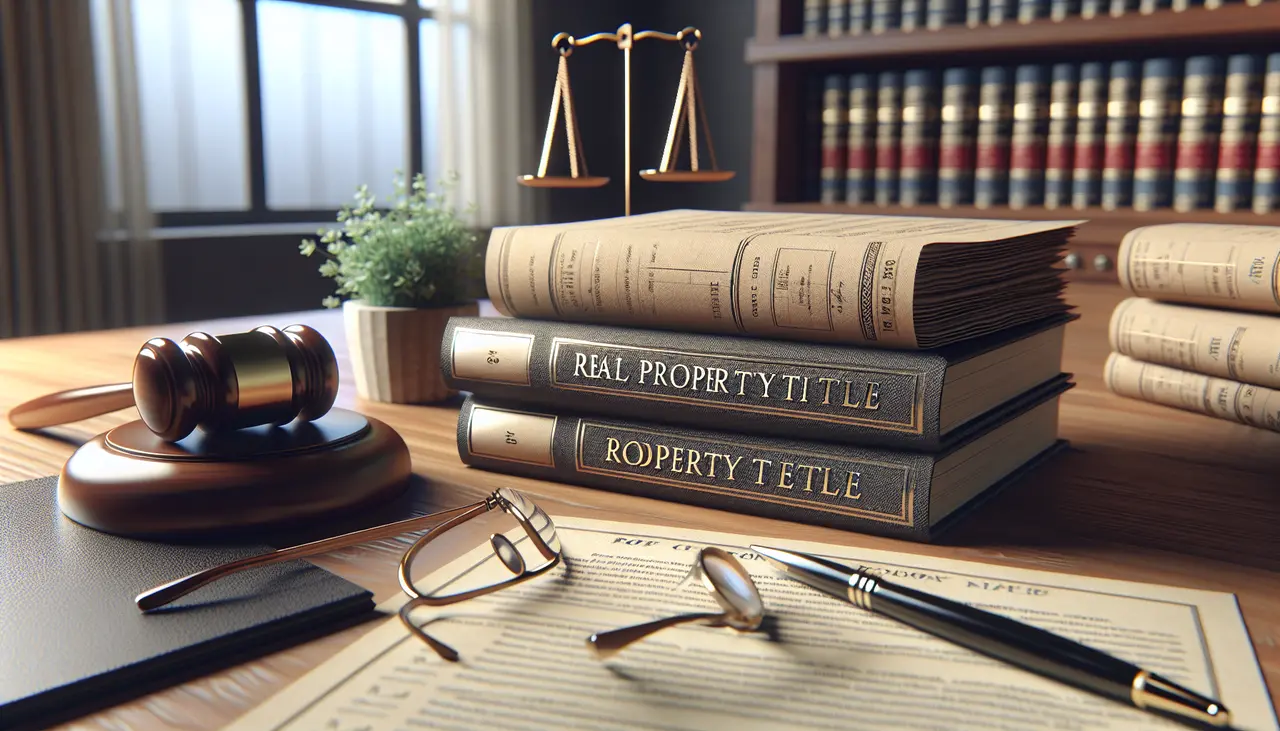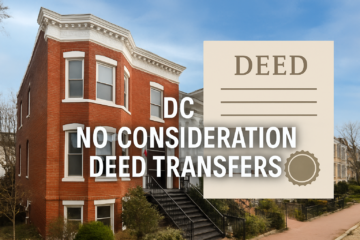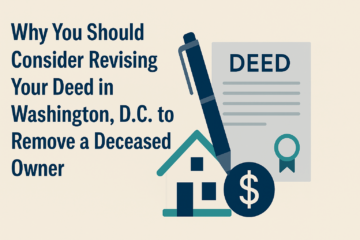Hiring the right deed lawyer is a crucial step in ensuring that all legal aspects of your property transactions are handled smoothly. With countless options available, finding the perfect one can seem daunting. Here are some essential tips to guide you through the process.
1. Understanding the Role of a Deed Lawyer
Before you start looking for the perfect lawyer, it’s important to know what a deed lawyer does and why their expertise is essential in property transactions. Deed lawyers specialize in legal documents related to property ownership, which means they play a vital role in ensuring the legality and accuracy of property transfers. Understanding their function brings clarity to your legal needs when it comes to buying or selling property. For example, when transferring property ownership, the type of deed assigned can significantly impact your rights and obligations, making it imperative that everything is handled correctly by someone with extensive knowledge on deed types.
2. Assess Your Legal Needs
Determine the specific services you require from a deed lawyer. Whether it’s drafting, reviewing, or signing deeds, clarity on your needs can narrow down your choices. A well-prepared lawyer will guide you through the nuances of property law, ensuring you understand the various forms of deeds and their implications. Gentile Property Law Office is an excellent example of a team with deep expertise in real estate law, aiding clients in understanding their unique legal requirements.
Not every property transaction is the same, which is why it’s crucial to assess whether you need general legal advice, assistance with filing documents, or a deep dive into complex historical aspects of a property. By recognizing these subtleties, you can position yourself to select a lawyer with the right skills and experience for your situation. Identify your priorities early to facilitate a focused search for the right legal partner.
3. Seek Recommendations and Referrals
Another essential tip: word of mouth can be invaluable. Ask family, friends, or real estate agents for recommendations based on their experiences with deed lawyers. This approach is often one of the most reliable methods of finding a competent attorney. It offers firsthand insights into a lawyer’s capabilities and client service. Testimonials from trusted sources lend credibility and assurance, giving you a realistic expectation of your lawyer’s competence.
Referrals can also come from professional associations or online reviews. Organizations like local bar associations often have lists of qualified lawyers. Going through a reputable source not only saves you time but also helps ensure you find a lawyer who can meet your specific needs. A positive client experience significantly enhances your confidence in engaging the right legal expert.
4. Research Potential Candidates
Once you have a list of potential lawyers, do some research. Check their credentials, experience, and any reviews or testimonials from past clients. Looking into a lawyer’s professional background on their website or through online profiles gives you an understanding of their expertise and areas of specialization. As presented in 6 PRACTICAL TIPS TO HELP YOU FIND THE RIGHT LAWYER FOR YOUR NEEDS, thorough research is instrumental to a successful lawyer-client partnership.
It’s equally important to evaluate if they have handled cases similar to yours. This background check will help in establishing the lawyer’s familiarity with scenarios like yours and their ability to navigate potential legal complexities. A good deed lawyer should demonstrate experience, not just in real estate law but in how these laws apply to practical, real-world situations.
5. Verify Credentials and Experience
Ensure that the deed lawyer is qualified and has relevant experience in property law. Look for any certifications or specialized training they might have. Checking with local bar associations or on professional legal directories can confirm their credentials and status in the legal community.
A lawyer’s record, not merely their qualifications, speaks volumes about their capability. Inquire about the number of cases they’ve managed, particularly those similar to yours. Getting a clear picture of their experience allows you to have realistic expectations regarding case handling and probable outcomes. This evaluation can also reveal their problem-solving skills, a critical component in a successful lawyer-client relationship.
6. Schedule Initial Consultations
Meet with a few shortlisted candidates to discuss your needs and gauge their expertise. This interaction will help you assess their communication skills and professionalism. Face-to-face meetings or comprehensive video calls can provide more insights into a lawyer’s approach, allowing you to determine whether you could work effectively with them.
During these consultations, ask detailed questions about their legal strategy, approach to your case, and any initial recommendations they may have based on your situation. According to the Best Real Estate Lawyer: Tips and Tricks on How to Hire, a productive consultation sets the foundation for a successful attorney-client relationship. Pay attention to their responses, as a receptive and knowledgeable lawyer will make clear, objective, and practical suggestions.
7. Assess Communication and Responsiveness
Effective communication is key. A good lawyer should be responsive, keeping you informed about the progress and any issues that arise during your case. Pay attention to their responsiveness during initial communications, as this is often indicative of how they will manage ongoing client relations.
Clear communication ensures that you are thoroughly aware of the legal process, potential challenges, and the next steps involved in deed transfers. Lawyers who prioritize clear communication often foster stronger relationships and better client satisfaction. It’s crucial to find someone who can demystify complicated legal terms and smoothly navigate you through your property dealings.
8. Understand Their Fee Structure
Cost is a crucial factor. Discuss their fee structure upfront to avoid any surprises later. A transparent lawyer will outline their fees clearly. Whether operating on a flat fee, hourly rate, or contingency basis, understanding how your lawyer bills ensures you can plan financially for your legal needs without unexpected pressure.
Inquire about miscellaneous expenses that might arise, such as court fees or additional documentation charges. Knowing these in advance allows you to budget effectively for your legal representation and reduces the risk of misunderstandings related to service expectations. Clear terms related to billing reflect professionally on your lawyer and demonstrate their transparency and trustworthiness.
9. Evaluate Their Problem-Solving Skills
A lawyer’s ability to handle unexpected challenges is vital. Discuss hypothetical scenarios to understand how they might tackle complex situations. This could be anything from handling a title discrepancy to addressing complications in deed transfers.
Approach their problem-solving skills critically. Look for their ability to present logical solutions and strategies in response to a variety of legal challenges. A proficient lawyer should demonstrate resilience and ingenuity when navigating legal hurdles, reinforcing their capacity to handle your case effectively.
10. Trust Your Instincts
In the end, trust your gut feeling. Choose a deed lawyer who makes you feel comfortable and confident in their abilities to handle your case effectively. Personal rapport is significant and can enhance collaborative efforts, making it easier to openly discuss case details and strategies.
Finding the right deed lawyer becomes a blend of assessing qualifications and following intuitive judgment. Ensuring that you’re entirely comfortable with your attorney fosters a stronger, more productive legal partnership. Your lawyer should not only meet your practical requirements but should also inspire trust and confidence, ensuring peace of mind as you embark on property transactions.




0 Comments